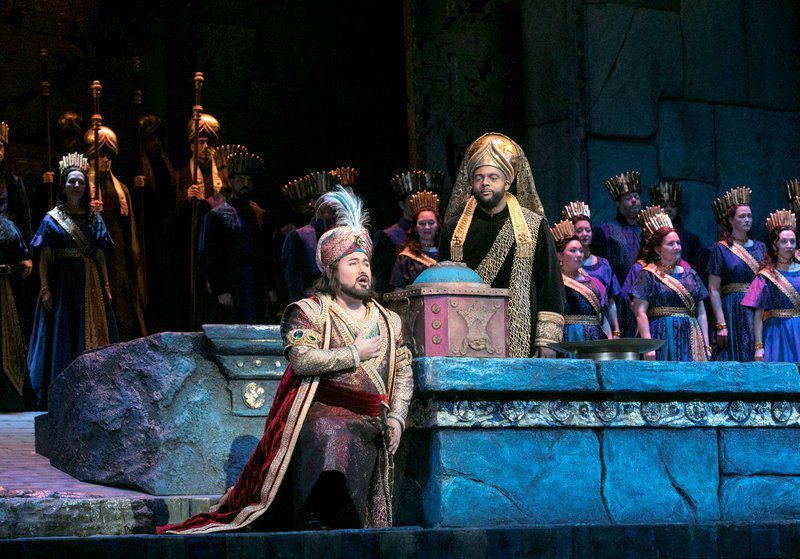

There were other ones that were good, too. His performance, for me, was the act of the whole performance.

You can see in the film how he just won over the place immediately. It was kind of brave on his part, ’cause he was the only black person there. And then he told his management that he was gonna do it, and they didn’t want him to do it. I hoped he was going to be at the festival. I had met Otis at the Go-Go in L.A., and that was the first time I’d actually seen him with that incredible band. Related: Rob Sheffield on Monterey Pop and the ‘Wow’ That Changed the Worldĭid you know any of the artists who played Monterey before the festival? You have to be there, riding shotgun to the concert. “To know that world and the people in it, you have to go out in the gigs. “It’s a world that I really didn’t know that well,” he said.
#Joplin movie theater shooting free#
When he looked back on the era of psychedelia and free love half a century later, it was still with an awe that he got to be a witness to it. “You get a wonderful feeling of freedom that anything could happen and will be good. “I wanted to have that feeling of freedom that you get when you get a lot of really good musicians or good anybodys and let them do what they do well,” he said. But it was on Monterey Pop that he radicalized the way music films would be shot in the decades that followed, with tight close-ups and quick cuts. In between those achievements, Penny made films about Little Richard, David Bowie, John Lennon, Depeche Mode, Bill Clinton, and many others. At the time of its release, it got a showing at the Venice Film Festival and was selected for inclusion in the National Film Registry in 2018. So in honor of the filmmaker, who died at the age of 94 on Thursday in his Sag Harbor, New York home, Rolling Stone is presenting here an extended cut of the interview.ĭuring the talk, he was humble (“Have a nice lifetime,” he said at the end of the call, “I’m in the middle of writing myself, so I know what you’re going through”) and he acknowledged the long road it took for the film to be recognized as a masterpiece of cinema verité. Because of the nature of the article, much of the interview didn’t make the cut.

The question at hand for the interview was, “Can the Monterey Pop Revival Capture the Spirit of ’67?”, but the conversation turned into a lengthy, wide-ranging discussion about a cultural turning point that Penny had just seemed to stumble on. The filmmaker spoke in 2017 with Rolling Stone about the 50th anniversary of the Monterey Pop Festival, which was set to be commemorated with a tribute concert that summer. Jimi Hendrix set his guitar on fire, the Who’s Pete Townshend smashed his instrument, Otis Redding taught rock-loving hippies that it’s OK to have soul, and Janis Joplin delivered a jaw-dropping performance with Big Brother and the Holding Company that made the Mamas and the Papas’ Mama Cass simply say “wow.” “I often think, how amazing it was that we were there, and we didn’t fuck up and we ended up with not just a fantastic film but an incredible collection of performances,” Penny said. Over the course of three days that June, the Monterey County Fairgrounds hosted career-making performances by Ravi Shankar, the Jefferson Airplane, the Grateful Dead, and many others.


 0 kommentar(er)
0 kommentar(er)
